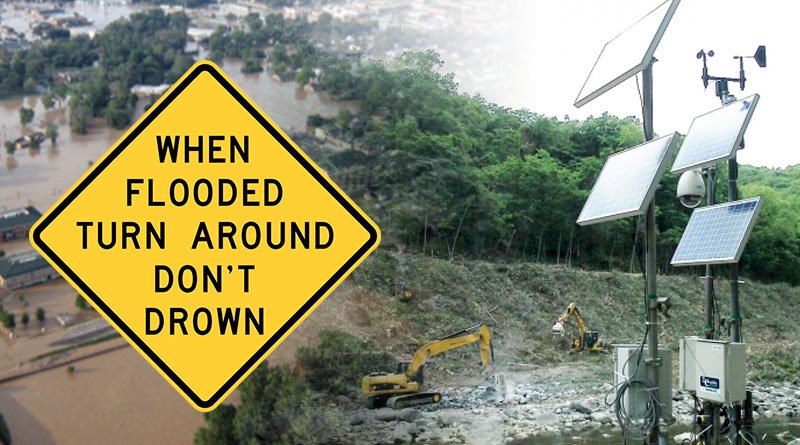The DMIS is aware of the supply chain challenges and has put modules in place to issue automated supplies based on the inputs from respective districts.

The “Disaster Management Information System” (DMIS) has been launched in Khyber Pakhtunkhwa province to ensure disaster management authorities have quick access to accurate, actionable information and better handling of disasters with modern management skills to significantly reduce losses to human lives and infrastructures.
Keeping in mind the previous challenges with information management, this system was launched as a result of extensive collaboration and working between the International Rescue Committee (IRC) and the Provincial Disaster Management Authority (PDMA) KP.
On the final day of a two-day comprehensive training organised by the IRC for 52 PDMA field assistants and divisional reporting officers from across the province here on Thursday, Sharif Hussain, Director General PDMA-KP, explained that the DMIS system is developed as per geographic contextual needs and that it entails comprehensive modules on incident reporting, relief management, monitoring of water levels in rivers, integration of weather updates with the MET office, and camp management information.
He went on to say that the DMIS’s key innovation is the GIS component, which will allow PDMA to plot all incidents on a map and generate a daily situation report.
“This information will support relief organisations in the planning and implementation of humanitarian responses.” Furthermore, the system can record public grievances, which are routed to the appropriate district administration for resolution,” the DG explained.
According to Sharif Hussain, these modules are designed holistically to address a pre- and post-event scenario in which the DMIS serves as an early warning system and provides timely information for a quick, coordinated response based on real-time information.
The system is aware of the supply chain challenges and has put modules in place to issue automated supplies based on the inputs from respective districts.
Shabnam Baloch, Country Director IRC-Pakistan, stated on the occasion that the IRC collaborates with the National Disaster Management Authority (NDMA) at the national level as well. Such collaboration will allow policymakers and humanitarian organisations to make informed decisions during the relief, early recovery, and rehabilitation phases of disaster-affected populations.
“Pakistan is particularly vulnerable to climate shocks but has little capacity to invest in preventative infrastructure,” she explained. It is imperative that these initiatives are scaled up and resources are allocated toward a climate-resilient Pakistan.
The two-day IRC training for PDMA field assistants and divisional reporting officers from across the province was designed to provide these officials with hands-on training as well as additional resources for DMIS. It will play an important role in developing capacity for providing accurate and up-to-date information to all relevant organizations.
Pakistan faces some of the highest disaster risk levels in the world. This risk is driven particularly by the nation’s exposure to earthquakes, high exposure to flooding, some exposure to tropical cyclones and their associated hazards, and drought.
